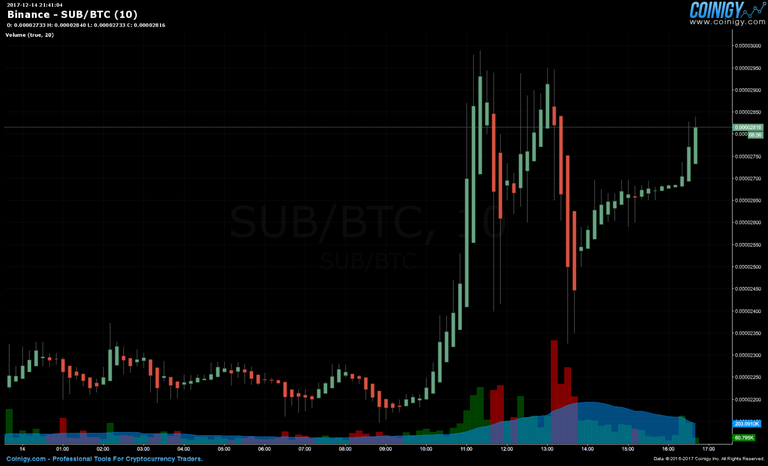
Net neutrality in the USA was established in 2015 after the Internet was changed to a telecommunications service. This allowed the FCC to impose net neutrality rules on ISPs.
Net neutrality forces ISPs to treat all data in a nondiscriminatory fashion. In other words, ISPs are not allowed to intentionally block, throttle, or charge extra fees for access to specific content on the Internet.
Earlier today, the FCC voted to repeal the 2015 net neutrality decision.
Now…
Comcast can identify and throttle Bittorrent and other P2P transfers.
Data is transferred on the Internet via packets, and different Internet protocols have distinct packet signatures. For example, typical HTTP traffic “looks” different than TOR and Bittorrent traffic. ISPs are now allowed to identify and throttle different types of packets.
AT&T can limit access to FaceTime on cheaper data plans.
Want to use FaceTime? Buy our more expensive plan without artificial limits.
Verizon Wireless can throttle Netflix, YouTube, and other services.
Streaming services can now pay for access to a “fast lane”. By throttling Netflix, the company may be encouraged to pay a fee to Verizon Wireless in order to keep their customers happy.
Do the above scenarios sound too crazy to be true? They’re not. They’ve already happened, but the FCC was there to put a stop to these actions in the past. Now that net neutrality is gone, it would be foolish to think ISPs won’t try to take advantage of the situation.
What is Substratum?
Here's a basic video explaining how Substratum works.
Here's a more in depth video explaining the SubstratumCORES network.
The main point here is that all traffic on the Substratum network looks like generic internet traffic. ISPs will not be able to filter and throttle specific data packets. Unlike traditional VPNs and the TOR protocol, Substratum hides network traffic in plain sight.
Ultimately, Substratum's potential is much more far reaching than battling net neutrality in the USA. A functional decentralized Internet platform can bring uncensored access to information to countries like China, Russia, and Iran. The implications are huge.
Substratum's beta platform will be launched this month, and V1 will come in January 2018. The developers are working very hard to make this a one-click solution. There's no excuse not to do your part and contribute to the network. You'll even get paid for it!
The network will handle payments and payouts using the SUB token. Staking SUB tokens may also increase your payout for operating a Substratum node.
The SUB ERC-20 token is currently available on Binance with BTC and ETH trading pairs. Keep your funds safe with a Ledger Nano S hardware wallet.
SUB rose ~40% this morning to ~$0.45 in anticipation of the net neutrality repeal. With the official platform launch coming in the next few weeks, I expect a conservative rise to $1 in the short term.

This is just the beginning.
Subscribe for crypto news and alerts delivered straight to your inbox.
This post has received gratitude of 1.00 % from @jout